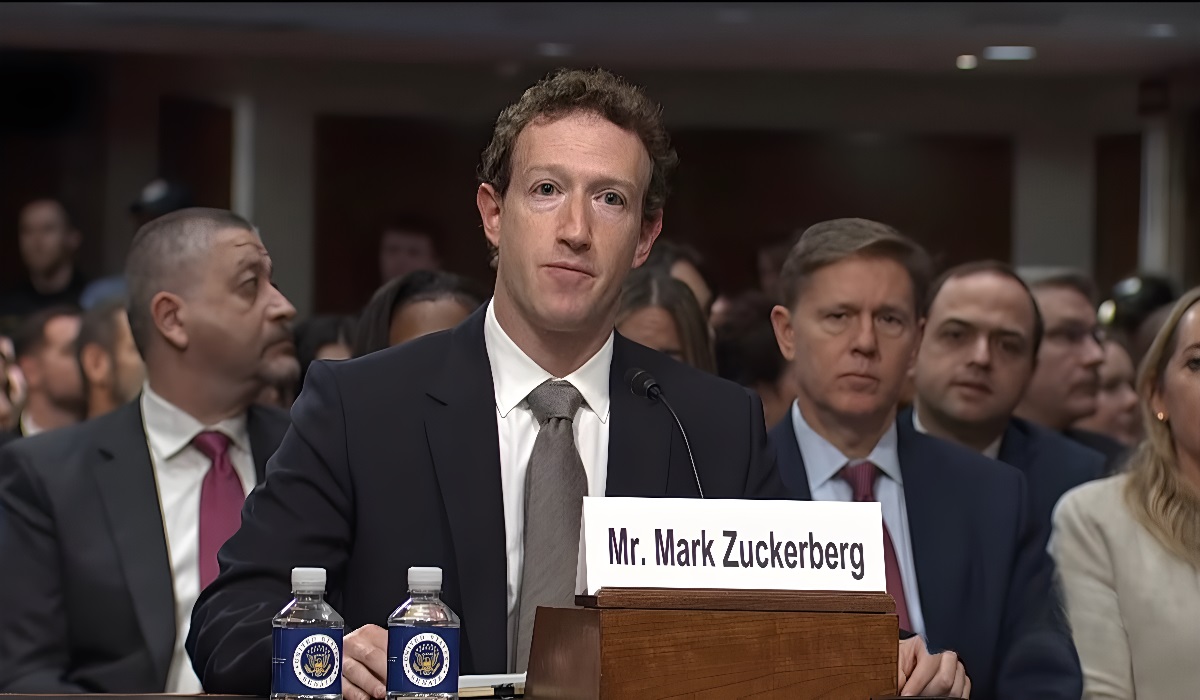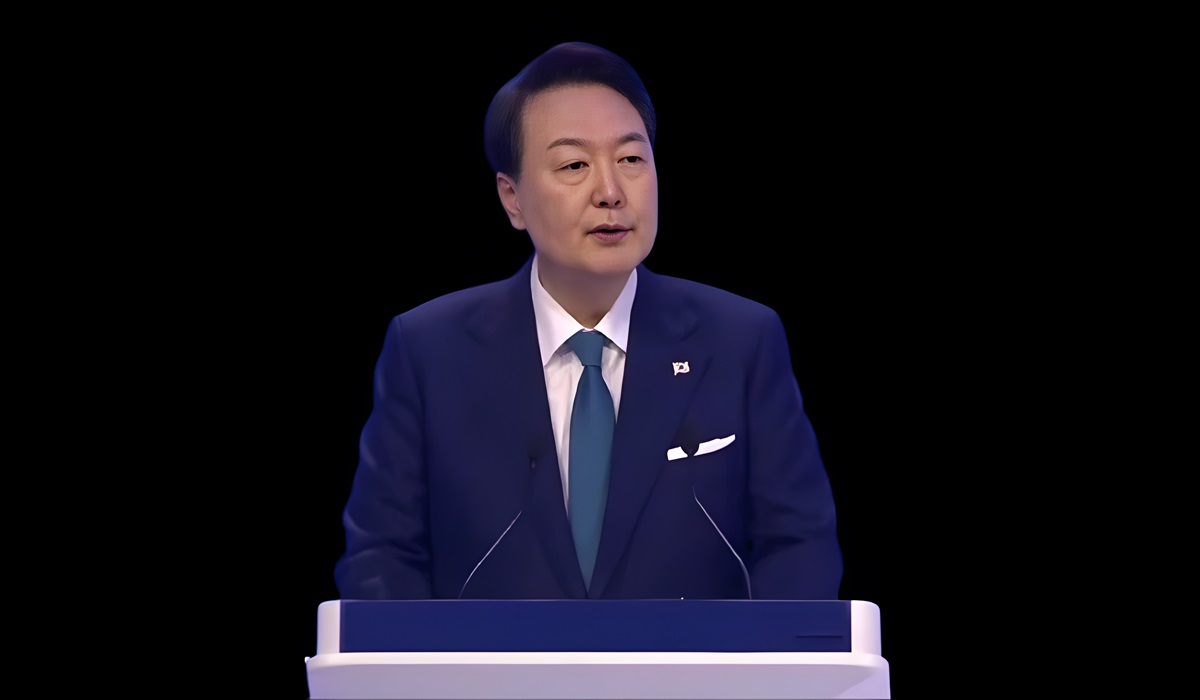Meta’s Strategic Disclosure: Allegations of Biden Administration Pressure and the Company’s True Motives
- TDS News
- Breaking News
- August 27, 2024

Meta CEO and co-founder Mark Zuckerberg recently sent a letter to Jim Jordan, the Chairman of the House Judiciary Committee, claiming that the Biden Administration pressured Meta to censor specific content on its platforms during the COVID-19 pandemic. This revelation has ignited fresh debates about censorship, freedom of speech, and the motivations behind Meta’s decision to reveal this information now. Why is this being disclosed at this moment, and what does the company stand to gain?
The letter details how senior officials from the Biden Administration repeatedly urged Meta to “censor certain COVID-19 content, including humor and satire.” Meta ultimately decided how to moderate the content, though the company now admits it should have been more vocal against government pressure. “The government pressure was wrong, and I regret that we were not more outspoken about it,” the letter states. However, the timing of this admission raises questions about its purpose, especially as the Republican Party, which is increasingly critical of big tech’s role in content moderation, gains influence.
Meta’s relationship with the political landscape has always been more about strategic alignment than principle. Recent comments from Zuckerberg praising former President Donald Trump as a “badass president” suggest a calculated effort to align with a faction that could benefit the company’s future. The letter to Jordan, a prominent Republican, could be seen as part of this strategic realignment, particularly as the GOP intensifies its scrutiny of perceived biases within the tech industry.
It’s difficult to believe that Meta’s actions were purely motivated by a commitment to free speech. The company’s history shows a pattern of prioritizing financial interests, often at the expense of user privacy and ethical considerations. The infamous Cambridge Analytica scandal, where millions of Facebook users’ personal data were harvested without consent for political advertising, is a stark reminder of how Meta has used its vast troves of personal information for financial gain. In light of this history, it’s hard to imagine that Meta didn’t get something out of censoring information during the pandemic—whether through maintaining favorable relations with government entities or other undisclosed benefits.
The letter acknowledges the difficult position Meta found itself in but emphasizes that decisions on content moderation were made by the company itself. “It was our decision whether or not to take content down, and we own our decisions,” it reads. The claim that the platform “should not compromise our content standards due to pressure from any Administration in either direction” seems to conveniently align with current political shifts, particularly as Meta seeks to curry favor with Republican lawmakers.
This newfound transparency from Meta appears to be more than just a reflection on past actions—it seems to be a calculated move aligned with the current political climate. By positioning itself as a critic of the Biden Administration’s approach to content moderation, Meta could be trying to secure favor with Republican lawmakers who may soon have significant power over regulations that could affect the company.
Yet, it’s worth considering whether the Biden Administration’s pressure was entirely unwarranted. The COVID-19 pandemic saw an explosion of misinformation, much of it spreading rapidly on platforms like Facebook. While censorship is a contentious issue, some argue that moderation was necessary to curb the spread of dangerous falsehoods. The letter concedes, “We made some choices that, with the benefit of hindsight and new information, we wouldn’t make today,” admitting that the line between necessary moderation and undue censorship is not always clear.
In the end, this disclosure to Chairman Jim Jordan is less about protecting free speech and more about protecting Meta’s interests. As discussions around censorship and freedom of speech continue to evolve, it’s crucial to scrutinize the motives behind such timely revelations, particularly when they align so conveniently with political and financial interests. Meta’s actions throughout its history have shown that it rarely acts out of the goodness of its heart, and this situation appears no different. The debate over censorship is only ever urgent when those at the top stand to lose something—when it involves marginalized voices, censorship is often applied without hesitation.








